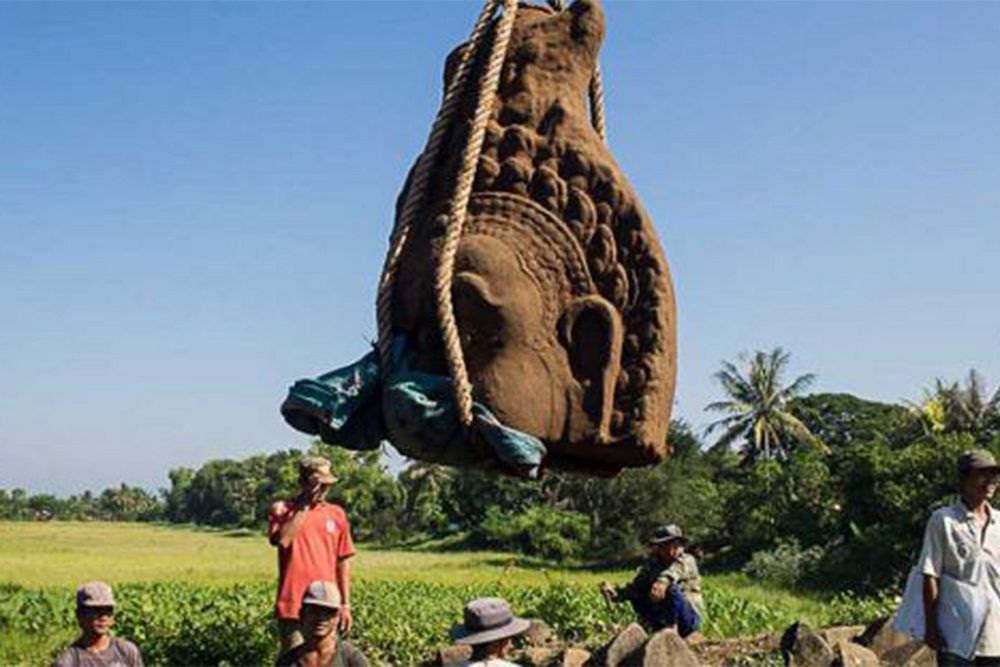If you've ever found yourself unemployed for an extended period of time, you know how hard life can be without the sense of purpose a job brings. These days, there are a couple thousand elephants in Myanmar who can relate.
As the country strives to achieve a better quality of living for its human citizens, many of the elephants who were once a part of Myanmar's logging industry are now out of work, reports the New York Times. These layoffs come as a result of shrinking forests – Myanmar's forest cover has dropped by 42% since 1990, according to the Food and Agriculture Organization of the United Nations – and stricter anti-logging laws to protect the country's teak and hardwood trees.
While this is good news for its environment, Myanmar's unemployed elephants have grown heavier and more irritable.
“They become angry a lot more easily,” elephant owner U Chit Sein told the Times. “There is no work, so they are getting fat. And all the males want to do is have sex all the time.”
During the harsh military governments of Myanmar's past, elephants had it made – in some ways, more so than humans. According to the Times: “The military governments adhered to a strict labor code for elephants drawn up in British colonial times: eight-hour work days and five-day weeks, retirement at 55, mandatory maternity leave, summer vacations and good medical care.” In fact, the Burmese government still runs elephant maternity camps and retirement facilities for the creatures today.
Thanks to their work, Burmese elephants typically live an average of 42 years, nearly twice as long as their zoo-bound counterparts. Now, however, unemployment is taking a toll on the country's elephants. Without a daily purpose and regular physical activity, their health is declining. John Edward Roberts, director of elephants and conservation activities at the Thai-based elephant rescue center Golden Triangle Asian Elephant Foundation, likened the creatures' emotional state to that of humans.
"I don’t want to anthropomorphize," Roberts told the Times. "But if you take away that part of their life that has entertained them or stretched them mentally and physically – it’s difficult."
What's more, the government officials tasked with caring for Myanmar's elephants are at a loss. Myanmar's leading elephant expert Daw Khyne U Mar puts the country's elephant unemployment rate at around 40%, or 2,500 elephants in total.
“Most of these elephants don’t know what to do,” Khyne U Mar told the Times. “The owners have a great burden. It’s expensive to keep them.”
In addition to housing and other expenses, the standard, 10,000-pound adult elephant requires 400 pounds of food a day, at no small cost to its owner.
As a solution to the elephant unemployment problem, some experts are suggesting the creatures be released into the wild. While the plan would help to preserve the health of the animals, there is also concern about elephants infringing upon human living space and vice versa. For the moment, Myanmar government officials have yet to make a decision on how to handle the elephant issue, leaving some members of Myanmar's animal kingdom stuck with the unemployment blues.
[Photo via the New York Times]














